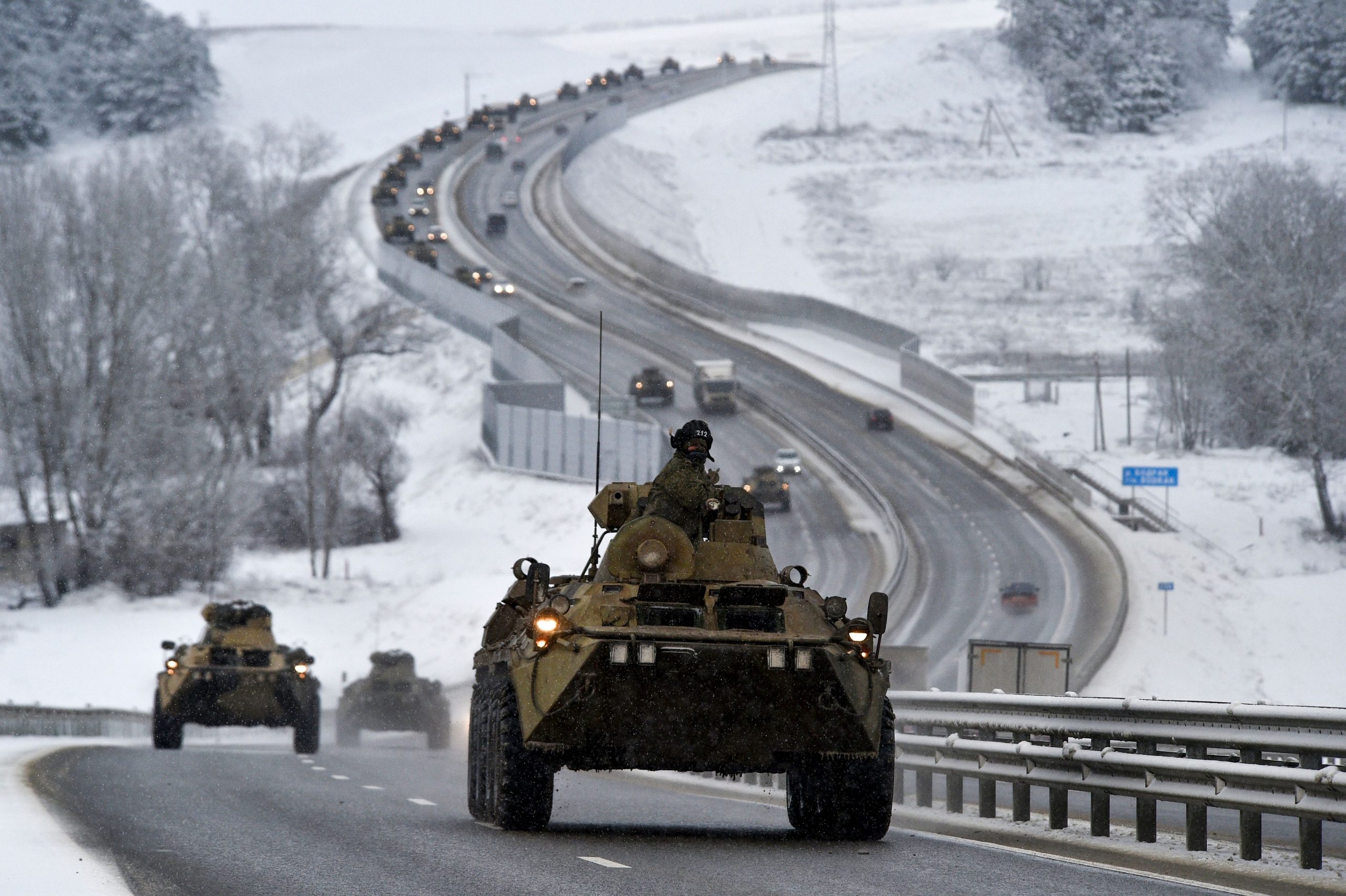Germany did not agree to send military equipment to Ukraine’s Kyiv as the Russian standoff has been bubbling. The United States and United Kingdom reinforced their backing for Ukraine this week.
German authorities said there was “consensus in the federal government” that the weapons are “currently not helpful” for Ukraine, according to Christine Lambrecht, the Defense Minister of Germany. NATO, a defense alliance consisting of mostly European countries, previously projected support for Ukraine.
Also Read: German vice admiral resigns over Putin ‘deserves respect’ comment: Report
Andriy Melnyk, Ukraine’s ambassador to Germany, said that Kyiv needed German ships to increase forces in the Sea of Azov and the Black Sea, in preparation for a Russian invasion. According to reports from Newsweek, Melnyk said the German vessels were “among the best in the world.”
The German defense minister extended backhanded support to Ukraine, saying that instead of military support, the country would help in building a field hospital, which is reportedly worth nearly $6 million. Germany is “standing on Kyiv’s side”, Lambrecht said. “We must do everything to de-escalate the situation”, she added, according to reports from Newsweek.
The shorthanded approach taken by Germany has already received backlash from Ukrainian officials. According to an official statement from the government, Ukraine expressed “deep disappointment” for “not providing defense weapons.”
“Today, more than ever, the firmness and solidarity of Ukraine and its partners are important to curb Russia’s destructive intentions”, the statement read, according to reports from Newsweek.
Also Read: US, Russia to try more diplomacy amid tensions over Ukraine
The German government has insisted that it stands united with its NATO allies on the issue of Russia’s military threat to Ukraine, warning that Moscow will pay a high price if it makes any military moves against its neighbor.
But unlike many other NATO countries, Berlin says it won’t supply Ukraine with lethal weapons, arguing that it doesn’t want to inflame tensions further.
(With AP inputs)







